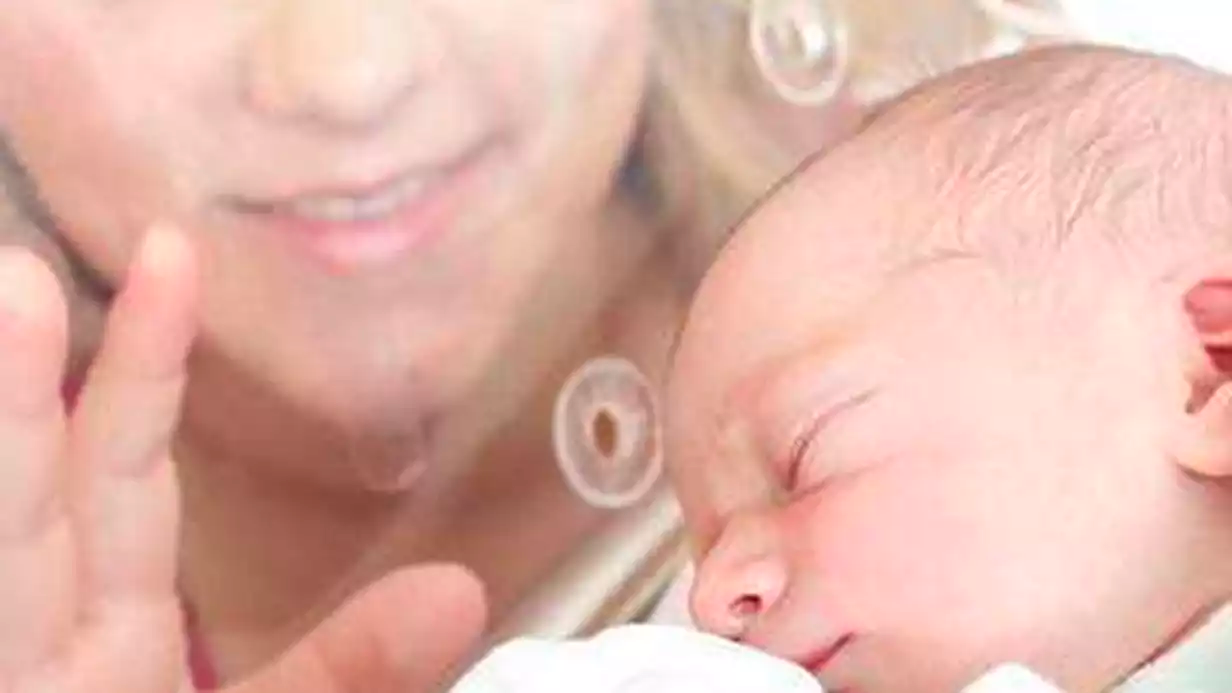How Should Premature Baby Care Be?
Premature baby; In this article, everything about care, room, feeding, bathing, dressing, changing diapers, accepting visitors, sleeping and sleeping position should be.
How Should Premature Baby Care Be?
Worldwide, 13 million babies are born prematurely every year. Babies are now healthier with the special care methods in the newborn units, which are equipped with the same equipment as the mother's womb. However, the care of the premature baby at home after discharge is also extremely important.
Baby's room
- The baby's room should be clean and tidy.
- It should preferably get sun and the door should stay open.
- Room temperature should be adjusted to 26 degrees, it can be reduced to 22-24 degrees over time as the baby grows.
- It should be ventilated for at least 15 minutes every day, while the baby should be taken to another room.
Feeding the baby
Nutrition education of premature babies should be carefully explained by a specialist before leaving the hospital. Families of premature babies can keep calendars and records, especially for twins and triplets. In this way, it becomes easier to establish the order of the baby's feeding times. A premature baby takes an average of 15-30 grams per day. If there is no problem in the baby's weight gain, it should be breastfed several times a day at first, and then more often. Remember, passing gas after each feeding will relax the baby.
Baby's bath
Before all procedures for premature babies, all necessary materials should be prepared completely and hands should be washed. While preparing a suitable bathroom environment, you can increase the room temperature a little more. The baby should be bathed at home with two people and the baby's safety should be ensured. The temperature of the bath water should be 37-38 C. If there is no degree, the temperature of the water can be controlled with the elbow. The bath should be done quite quickly. The body should be washed first, the baby's head should be washed and rinsed last, and then the baby should be immediately dried with a towel. The wet towel should be changed and the baby should be dressed quickly. Remember, babies lose heat from their heads first, they can be put on after bathing.
Dressing the baby
Dressing the premature baby is extremely important to prevent hypothermia. At first, their clothes may be twice as thick as normal dolls. The selection of clothes should be made in favor of cotton, easy-to-wear, soft, few seams. Labels of clothes should be cut off and washed with baby detergent (Soap powder). In addition, the bed linen and blankets to be used should be lint-free, easily washable and must be ironed. In the first days after discharge from the hospital, the baby's body temperature can be easily selected by measuring the baby's body temperature in degrees several times a day.
Changing diapers
The skin of premature babies is sensitive and prone to infections, so the frequency of diaper changes is important. Before changing the diaper, all materials should be prepared in advance, hands should be washed before and after the process, and it should be completed in a rapid manner. Babies can be prevented from vomiting by changing diapers just before feeding. While cleaning the bottom, it should be cleaned from front to back using warm water and some cotton.
Visitor acceptance
Visitors should not be admitted to the home after discharge, as premature babies are highly susceptible to infection. Especially adults or children who are suspected of being sick should not enter the baby's room, if necessary, a mask should be used.
Baby's sleep
Ensuring sleep patterns of premature babies at home is related to the length of stay of the baby in the hospital. Babies who stay in intensive care for a long time may have problems in falling asleep and sleeping time at first after a light and noisy environment. This will improve over time and the baby will get used to the home environment.
Baby's sleeping position
Before being discharged from the hospital, information about the baby's sleeping position should also be obtained by the specialist. The baby should only lie on his back, especially for the first 6 months. Babies can be placed on their back or face down in the neonatal unit. Parents may think that their baby's lying position in the intensive care unit is correct at home, but babies are not monitored at home. To prevent sudden infant death, prone or side lying positions should be avoided at home. Another point to be considered about the sleeping position of the baby at home or in the car seat is to prevent the head from coming forward. When the head is forward, premature babies easily go into apnea. On the other hand, raising the head and body with an inclination of 30-45 degrees from the waist, especially after feeding, prevents reflux and vomiting.

